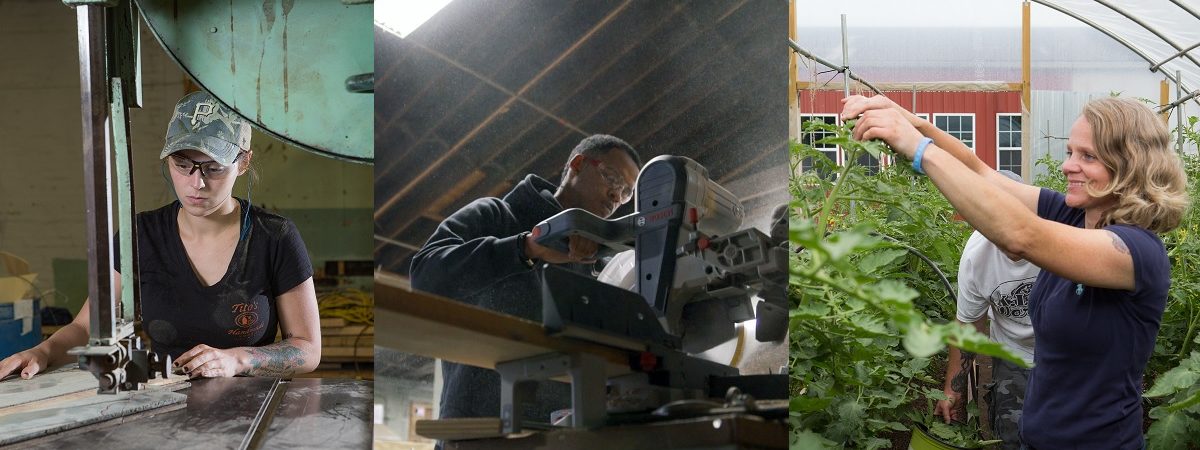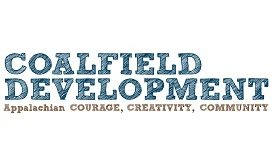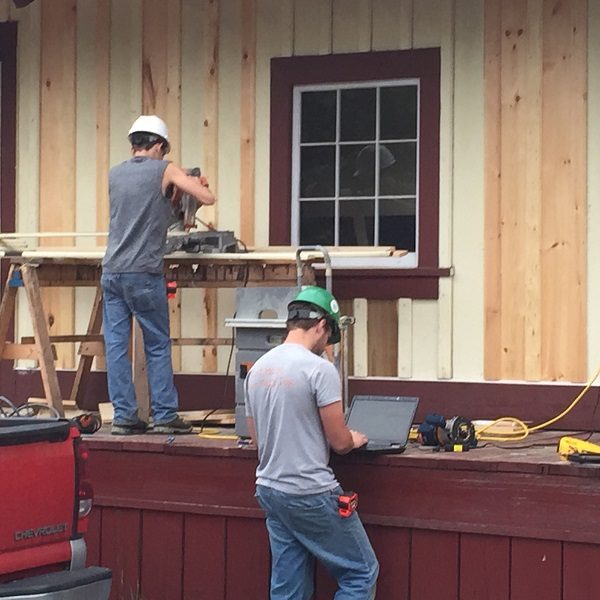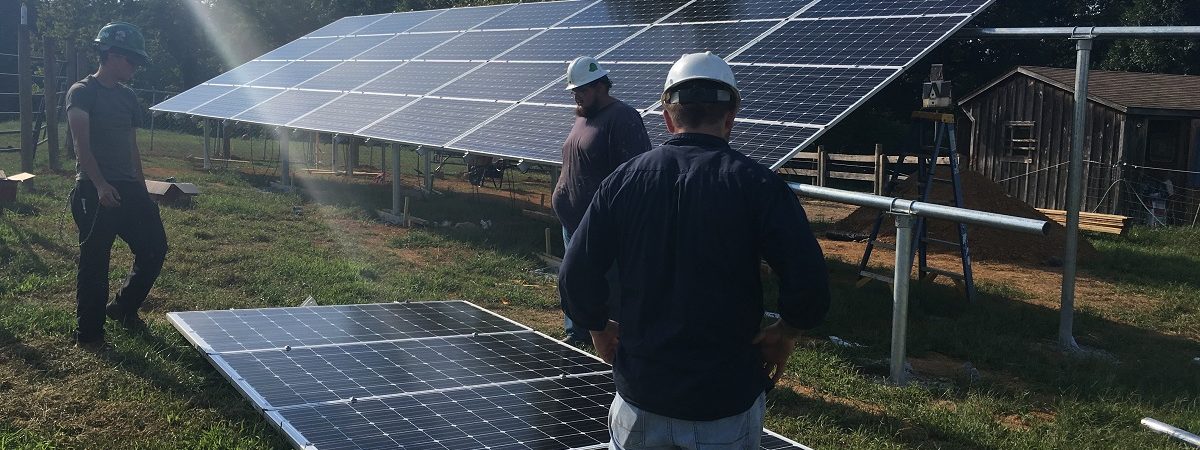
Coalfield Development
Model & Strategy
Coalfield Development is rebuilding the Appalachian economy from the ground up by creating social enterprises in sustainable sectors and providing paid, on-the-job learning for unemployed people in these same enterprises. Coalfield has created hundreds of new jobs, trained over 2,000 people, leveraged more than $140M in new investment to the region, and helped revitalize over 250K square feet of formerly dilapidated property.
The Problem
Coal has dominated the Appalachian economy for generations, and this extractive system has resulted in a stagnant mono-economy. Further, the natural environment has been decimated, social support systems are woefully underinvested, and an addiction crisis has taken root. Supporting individuals in this environment requires overcoming interlocking economic, emotional, psychological, and even physical barriers. Coal communities rank lowest in labor participation; some have 50% poverty rates. Appalachia has many job-training programs, but training is only useful if it leads to an actual job. Both governmental and philanthropic efforts aimed at helping these communities are too small, slow, and esoteric. Tangible action is needed for people to picture what a new, vibrant economy that works for everyone could look like. Otherwise, communities will still be forced to depend on this dying industry.
The Solution
Coalfield Development focuses on ending the intergenerational cycle of poverty in Appalachia by rebuilding the region’s economy from the ground up. Coalfield creates new social enterprises in rural areas with stagnated economies, pioneering new markets in coal-dependent areas such as solar installation, local agriculture, bio-based manufacturing, tourism, and green-collar construction. Regardless of sector, each enterprise employs and supports people who face barriers to employment. Coalfield’s approach follows a 33-6-3 model: 33 hours a week spent in on-the-job training, along with participation in workshops and trainings; six hours a week devoted to community college and business classes for an associate degree in applied sciences; and three hours a week committed to personal development coaching and life skills. This model empowers employees to reduce debt, improve credit, and grow savings. Coalfield helps rural community members build the capacity to earn good jobs and prepares them to keep those jobs, earn raises and promotions, and thrive.
This holistic, bottom-up approach to economic development builds a new generational foundation for a fairer, more sustainable, and more just economy. Powered by Coalfield Development’s model, economies see new investments begin to flow, and local residents become leaders in the reinvention of their community. For many of the small towns served, Coalfield is one of the largest new employers in years, and the economic activity generated by these new enterprises is able to return millions of new investment dollars into the community.



Brandon is a sixth-generation West Virginian passionate about helping people in his home state. Early in his career, Brandon interned with the Housing Authority of Wayne County, and what started as a project during his internship would later become Coalfield Development. Brandon holds an MPA from Indiana University, Bloomington, and a B.A. and honorary doctorate from Shepard University. In 2019, Brandon earned the Heinz Award for Economy and Employment. Brandon is also the winner of the JMK Social Innovation Prize and is an Ashoka Fellow. He has testified before Congress on how the Coalfield model can be used to combat climate change, and he currently serves as the Vice President of Economic and Workforce Development at Marshall University.

Impact
A decade into their work rebuilding the Appalachian economy, Coalfield Development has created hundreds of new jobs, trained over 2,000 people, leveraged more than $140M in new investment to the region, and helped revitalize over 250K square feet of property.
On average, participants have experienced an 80% increase in family financial assets.
In the past two years, Coalfield projects offset more than 1M pounds of Greenhouse Gases (GHGs).

